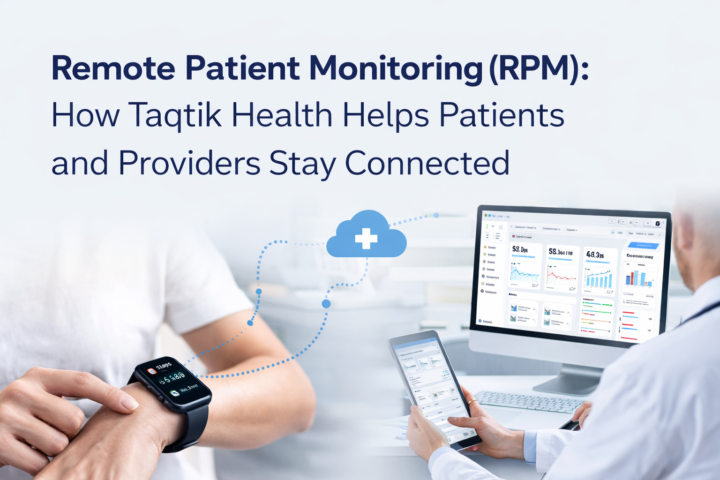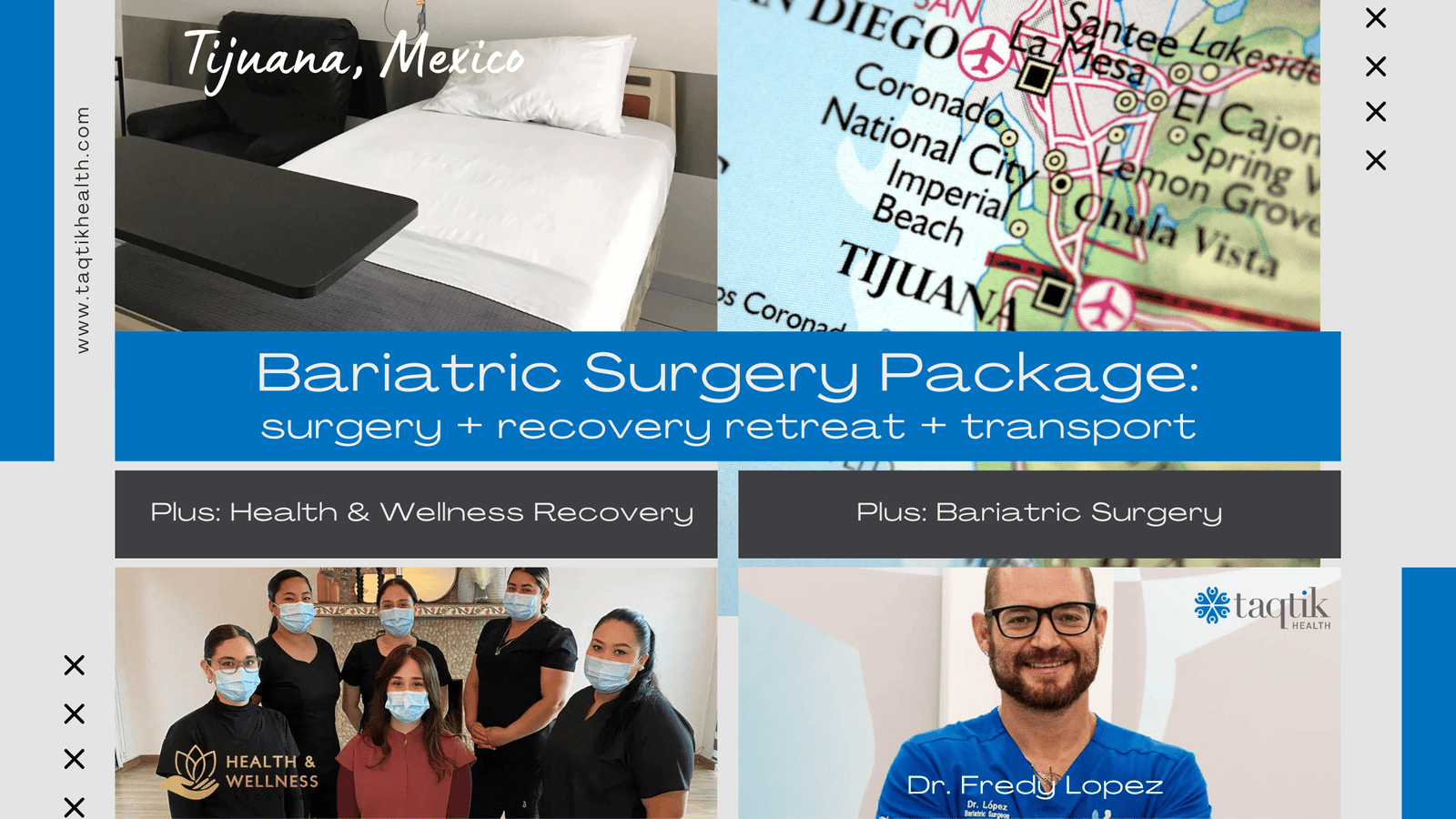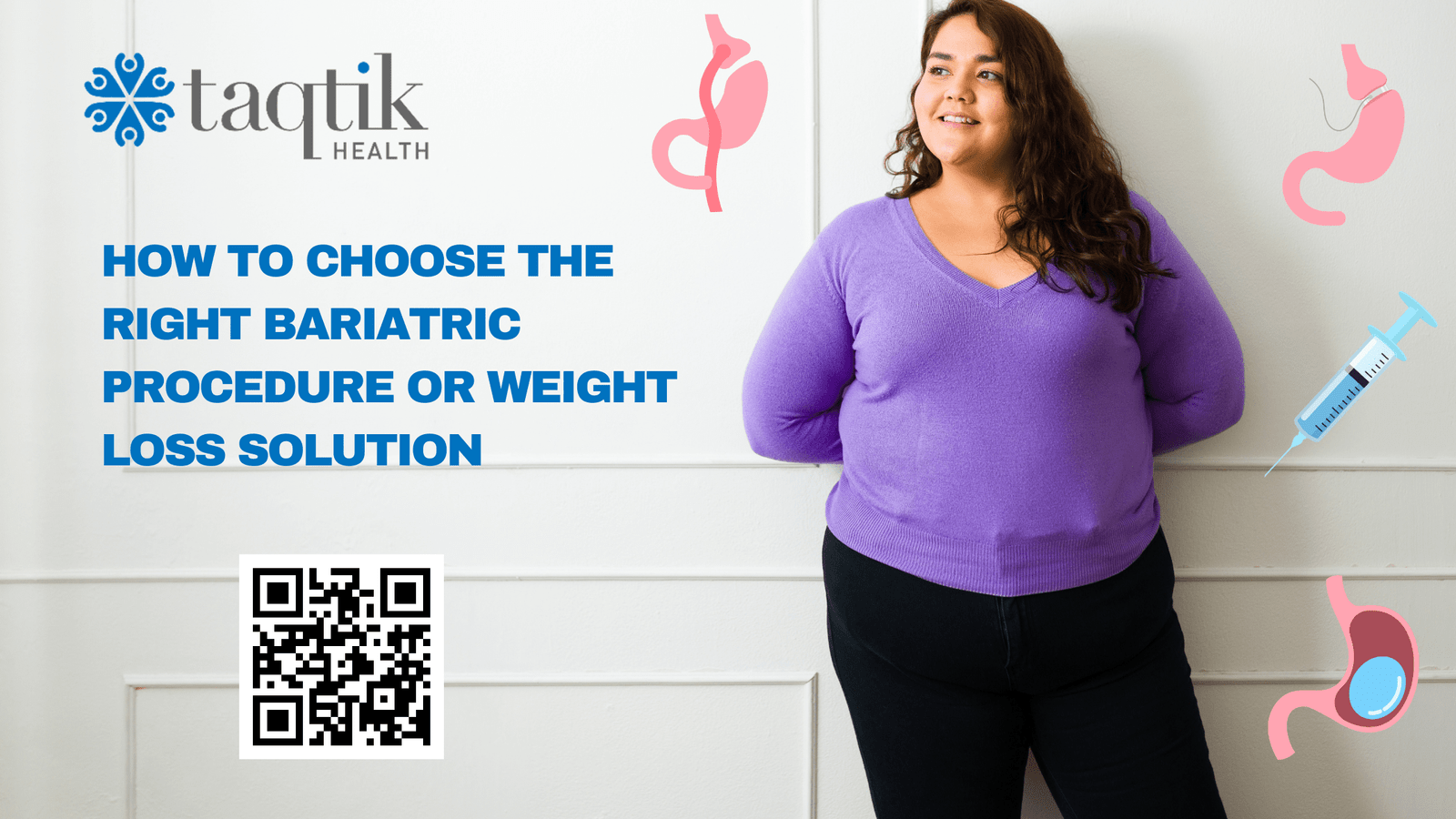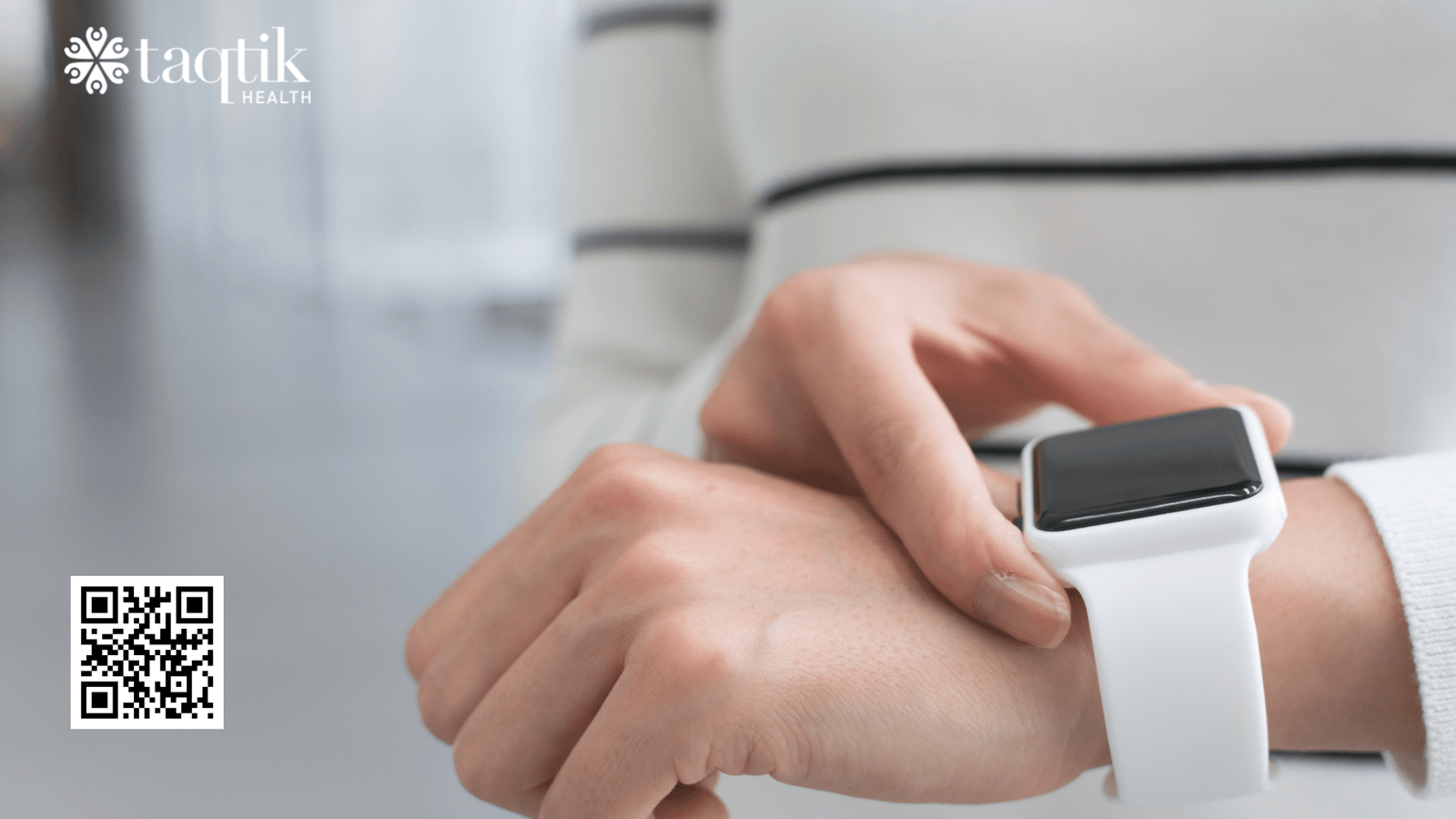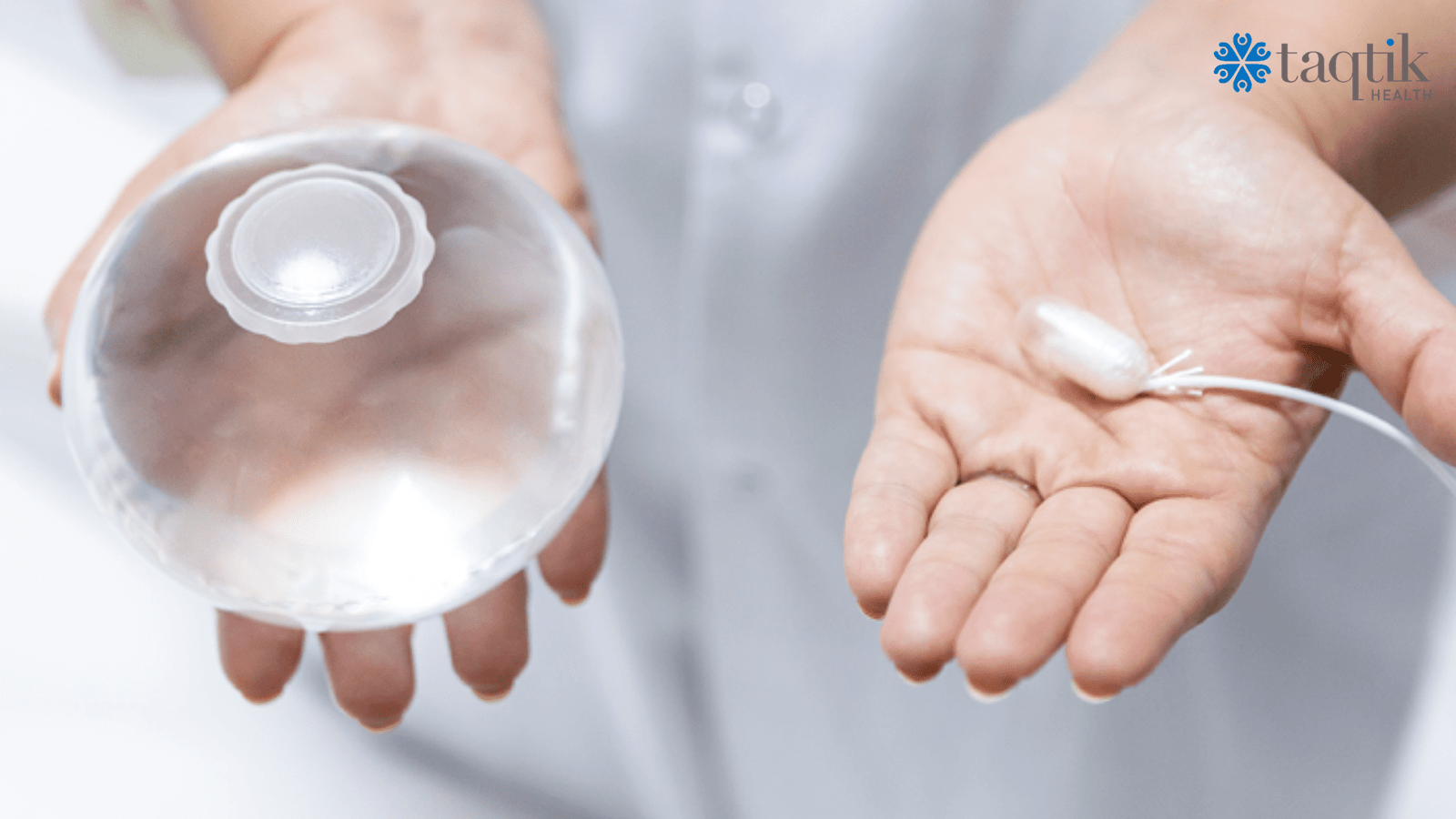Blue Net Hospital, Los Cabos: Affordable Healthcare in Mexico
Nestled amidst the panoramic beauty of Los Cabos, the Blue Net Hospital embodies the very essence of first-rate healthcare standards that Taqtik Health ardently supports. As the shimmering waters of the Sea of Cortez play backdrop, this hospital provides cutting-edge medical services, seamlessly blending luxury and wellness.
Why Blue Net Hospital is Taqtik Health’s Top Pick in Los Cabos
- Cutting-Edge Technology: Blue Net Hospital is ahead of the curve with its advanced medical equipment and technologies. It effortlessly meets the benchmarks set by Taqtik Health for contemporary medical care.
- Internationally Certified Staff: The medical team at Blue Net boasts of qualifications from around the globe, echoing Taqtik Health's commitment to promoting internationally recognized medical expertise.
- Luxurious Patient Experience: Los Cabos is renowned for its luxury, and Blue Net Hospital doesn’t disappoint. With patient suites designed for comfort and recovery, it’s no wonder Taqtik Health advocates for a holistic healing experience here.
- Diverse Medical Services: From cardiology to orthopedics and cosmetic procedures, Blue Net offers a comprehensive range of services. This wide spectrum ensures that Taqtik Health's clients have diverse medical options at their disposal.
- Affordability Meets Luxury: One of the unique selling points of Blue Net Hospital is its ability to merge opulence with value-driven healthcare. This aligns perfectly with Taqtik Health’s vision of providing luxury healthcare without the hefty price tag.
- International Accolades and Certifications: With accolades from renowned healthcare institutions, Blue Net Hospital stands tall, underpinning Taqtik Health's belief in championing establishments that adhere to global healthcare standards.
Discovering Los Cabos with Taqtik Health's Expertise
Beyond the walls of the hospital, Los Cabos offers a symphony of experiences. Whether it’s the tranquil beaches, gourmet dining, or the vibrant local culture, Taqtik Health ensures that its patrons not only receive the best medical care but also savor the essence of this Mexican paradise.
Next Steps
In the ever-evolving domain of global healthcare, Blue Net Hospital in Los Cabos emerges as a beacon of medical excellence and luxury. For Taqtik Health, it represents more than just a medical facility; it's a testament to the harmonious amalgamation of world-class care and unparalleled luxury. Trust Taqtik Health to guide you through a transformative health journey amidst the captivating allure of Los Cabos.
Remote Patient Monitoring (RPM): How Taqtik Health Helps Patients and Providers Stay Connected
Remote Patient Monitoring (RPM) is changing how healthcare providers support patients between visits. By using secure digital tools, RPM allows care teams to monitor patient progress remotely, improve engagement, and reduce administrative workload. Taqtik Health offers a modern Remote Patient Monitoring platform designed to support healthcare programs with simple onboarding, clear progress tracking, and secure...Continue reading→
Taqtik Health RPM: Your Partner in Post-Bariatric Surgery Success
At Taqtik Health, we understand that bariatric surgery is a powerful step toward a healthier, more fulfilling life. But we also know that the journey doesn’t end in the operating room. The real challenge and the real transformation happens in the months and years after your procedure. That’s why we created Taqtik Health Remote Patient...Continue reading→
Post-Bariatric and GLP-1 Post-Care to Maximize Results
Post-Bariatric and GLP-1 Post-Care to Maximize Results | Taqtik Health Introduction Undergoing bariatric surgery or starting GLP-1 (glucagon-like peptide-1) agonist treatments like semaglutide (Ozempic, Wegovy) or tirzepatide (Mounjaro, Zepbound) is a major step toward long-term weight loss and improved metabolic health. But these treatments are only part of the journey. What you do after surgery...Continue reading→
Remote Patient Monitoring for Obesity: A Smarter Way to Support Surgical and Non-Surgical Patients
Losing weight and improving your health is a personal journey—and it doesn’t always require surgery. Whether you're preparing for bariatric surgery, recovering from it, or trying to manage your weight and health without surgery, one thing remains constant: support matters. At Taqtik Health, we believe long-term success comes from daily progress, consistent accountability, and expert...Continue reading→
Bariatric Center J.L. Prado in Tijuana, Mexico: Your Destination for Advanced Weight Loss Surgery
Bariatric surgery has become a life-changing solution for individuals struggling with obesity and its related health complications. In recent years, Tijuana, Mexico, has emerged as a leading destination for affordable and high-quality bariatric procedures. One of the most trusted names in this field is Bariatric Center J.L. Prado, where a team of skilled surgeons, cutting-edge...Continue reading→
Transform Your Life with Our Bariatric Surgery Promotion in Tijuana Mexico
Transform Your Life with Bariatric Surgery at J.L. Prado Surgical Center in Tijuana, Mexico, with Dr. Fredy Lopez Are you ready to take control of your health and achieve long-term weight loss? Taqtik Health is excited to offer a special promotion for bariatric surgery at J.L. Prado Surgical Center with the renowned Dr. Fredy Lopez,...Continue reading→
Bariatric Surgery Case Study: Kael Sangnam
Background: Kael Sangnam, a 37-year-old with a BMI of 34.7, had been struggling with several health issues, including sleep apnea, shortness of breath, and persistent back pain. Despite various attempts to manage her weight, these health conditions continued to affect her quality of life. Realizing that these conditions were closely linked to her weight, Kael...Continue reading→
How to Choose the Right Bariatric Procedure or Weight Loss Solution
Choosing the right weight loss solution is a deeply personal decision that depends on various factors, including your health, lifestyle, and goals. At Taqtik Health, we understand the complexities involved in making this choice and aim to provide you with comprehensive information to help you make an informed decision. This guide will explore the different...Continue reading→
Transformative Journeys with Taqtik Health: Sarah and Miguel’s Stories of Bariatric Surgery and Total Body Makeover
Introduction The decision to transform one's body and regain health is a profound and personal journey. For many individuals, bariatric surgery is a crucial first step towards achieving a healthier lifestyle. However, the journey doesn't end there. In this blog, we share the inspiring stories of Sarah and Miguel, who chose Taqtik Health to assist...Continue reading→
How to Choose Your Ideal Destination for Bariatric Surgery: Cost Considerations and Factors
Welcome to Taqtik Health, where we pride ourselves on helping you make well-informed healthcare decisions. Bariatric surgery is a life-changing procedure, and choosing the right destination for your surgery is crucial for a multitude of reasons. To make your decision easier, we've put together this comprehensive guide featuring top medical tourism destinations for bariatric surgery:...Continue reading→


